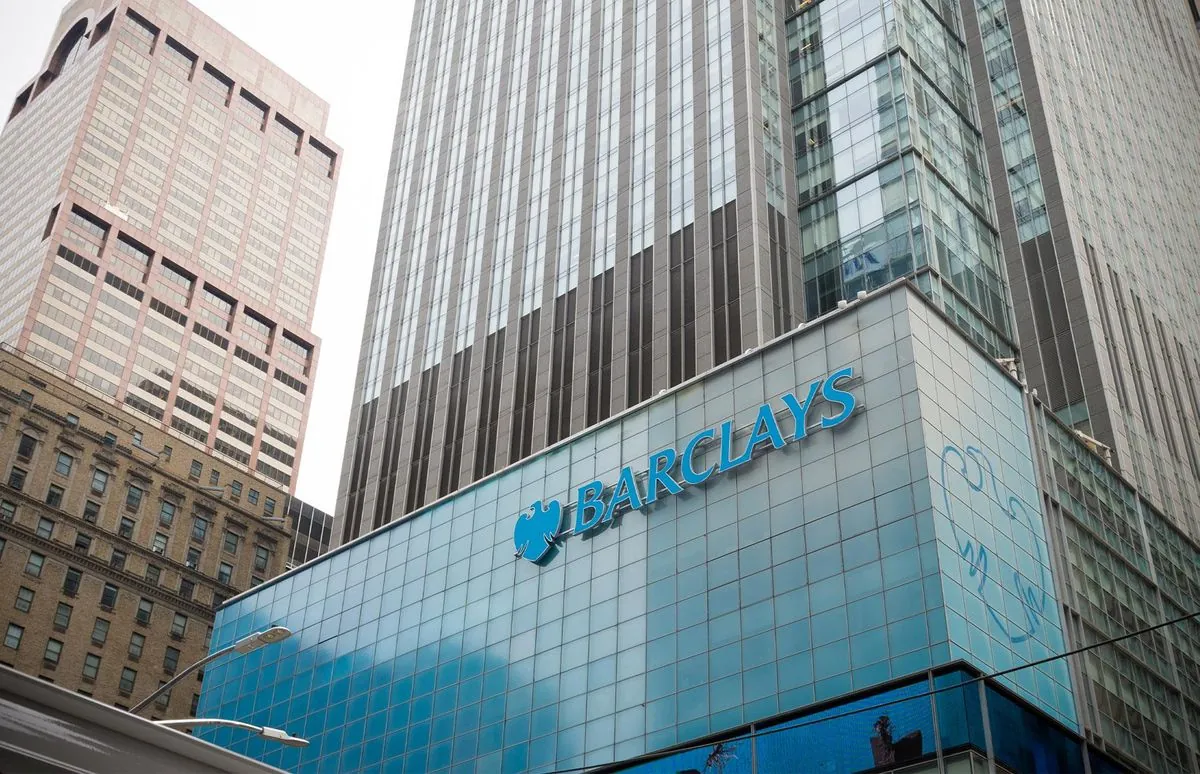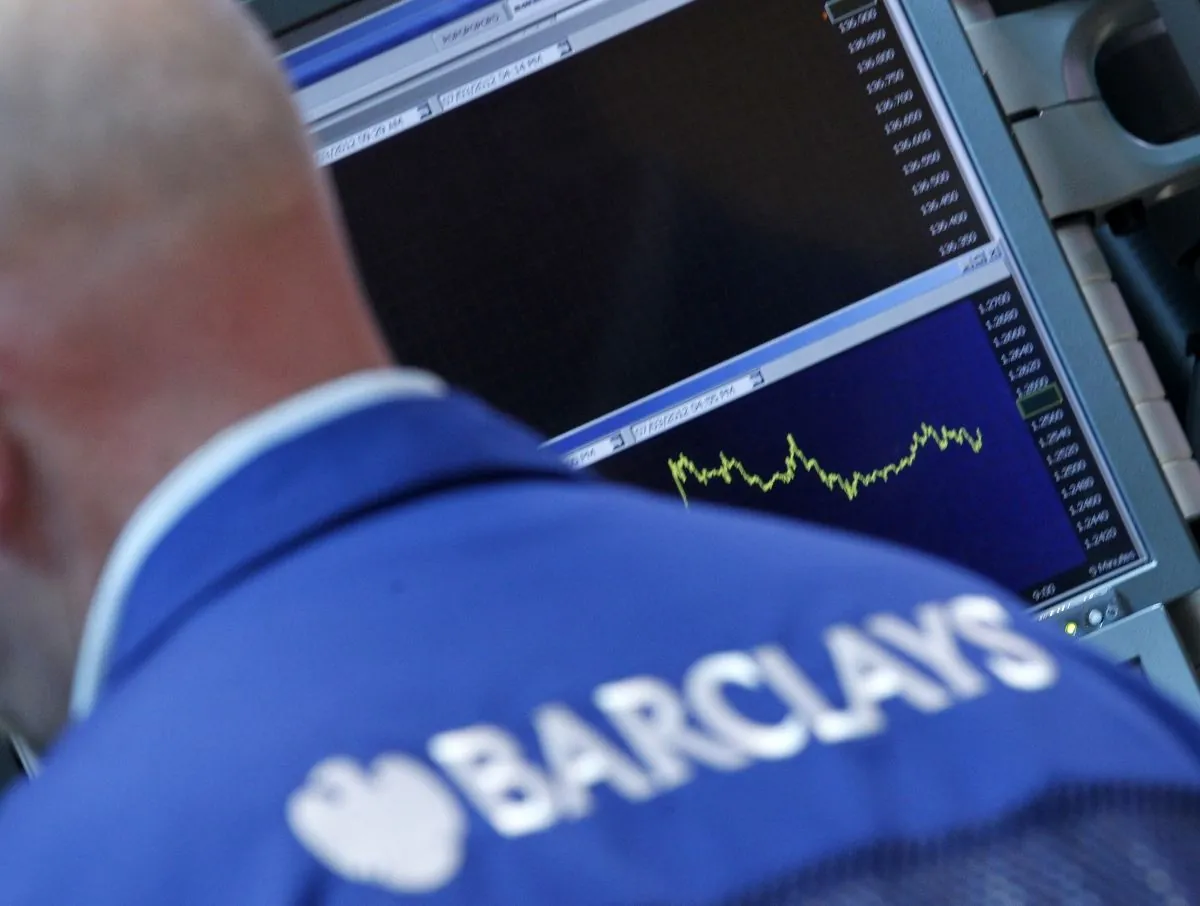Barclays Seeks to Slash £560M Shareholder Lawsuit Over Dark Pool Trading
Barclays requests London High Court to reduce a £560M lawsuit related to its dark pool trading platforms. The case, stemming from a 2014 incident, is set for trial in October 2025.

Barclays, one of the UK's oldest financial institutions dating back to 1690, has approached London's High Court with a request to significantly reduce a shareholder lawsuit valued at up to £560 million ($720 million). The legal action stems from allegations that the bank misled the market regarding its private trading platforms, known as "dark pools."
The controversy erupted in 2014 when New York's attorney general filed a complaint against Barclays over its trading system, "Barclays LX." This led to a substantial £2 billion reduction in the bank's market value. Dark pools, a term coined in the 1980s, are private exchanges for trading securities, inaccessible to the general public.
In 2016, Barclays settled the New York case, agreeing to a $70 million fine, admitting to securities law violations, and accepting the installation of an independent monitor. The current London lawsuit, scheduled for trial in October 2025, involves hundreds of institutional investors, including pension funds, mutual funds, and insurance companies.

The claimants assert that Barclays failed to disclose relevant information to shareholders about Barclays LX. Some investors claim reliance on information published by the bank, while others base their case on Barclays' share price or its status as a listed company obligated to make material information public.
Barclays' legal team, led by Helen Davies, has requested the dismissal of more than half the case, representing approximately £330 million of its total value. Davies argues that a shareholder lawsuit requires claimants to have relied on information published by the listed company, challenging the validity of claims based solely on share value or listed status.
"Investors in publicly listed companies are entitled to, and do, trade on the basis that the price of shares of a listed issuer incorporates all material information."
The case highlights the complexities of modern financial markets and the responsibilities of listed companies. The High Court of Justice, one of the Senior Courts of England and Wales, will play a crucial role in determining the scope of the lawsuit.
As the legal proceedings unfold, the financial sector watches closely, recognizing the potential implications for market transparency and investor protection. The case also draws attention to the role of regulatory bodies like the New York Attorney General's Investor Protection Bureau in overseeing financial institutions.


































